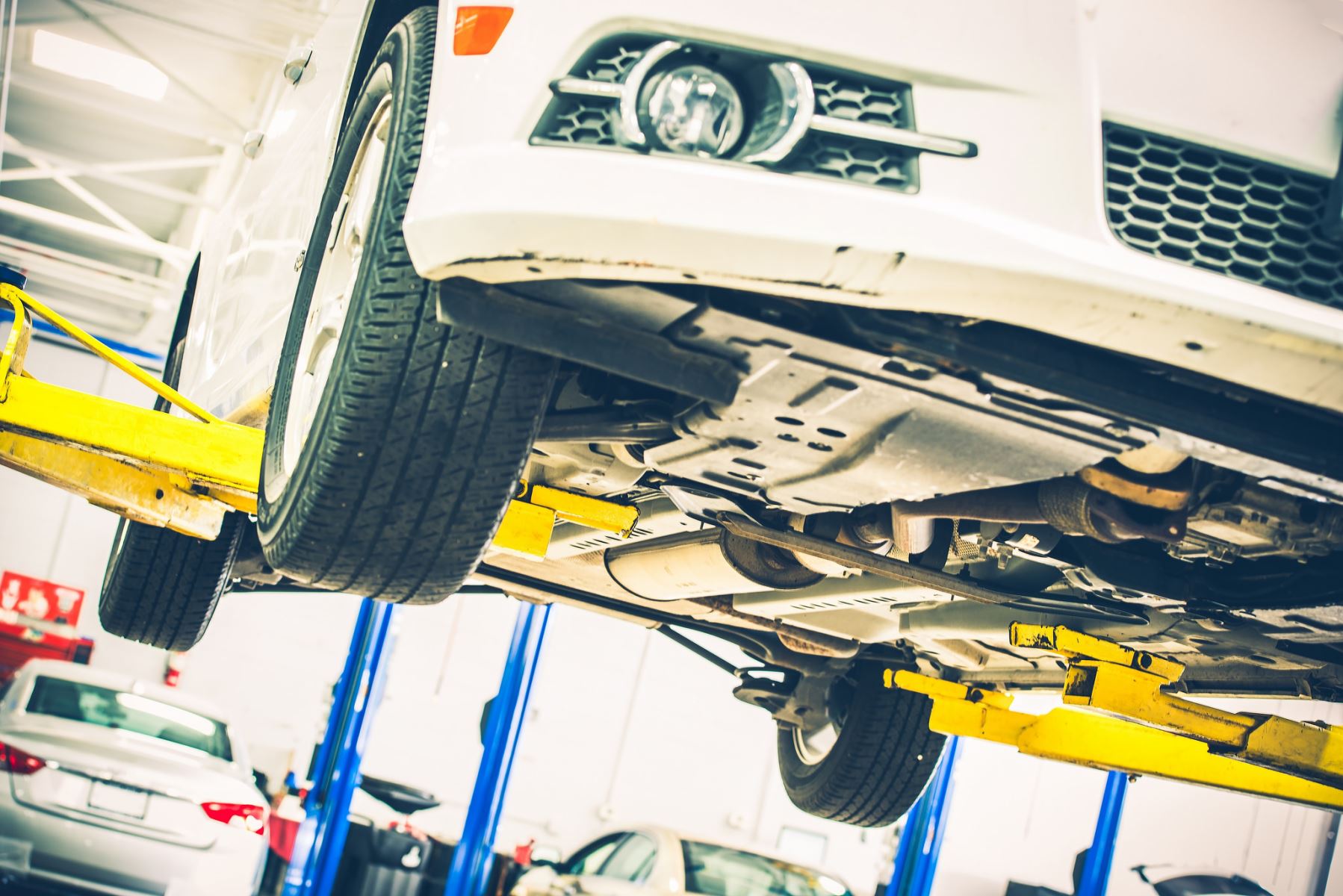
Passing a smog test is important to ensure that your car conforms with vehicle laws. It’s also better for both your car’s performance and for the environment when your car is up to state smog standards. Many people don’t know that there are several factors that can affect the outcome of a smog test. This is especially true for older vehicles or vehicles that haven’t been used in a long time. Read on to learn six factors that could drastically affect your car’s smog test outcome.
Repairs Needed
If your car needs immediate repairs, you should not subject it to a smog check. There is a very high likelihood that the car will fail the smog test entirely if major repairs are needed. Complete major engine repairs before bringing your car in for the smog inspection. This will increase the car’s likelihood of passing drastically.
Cold Engine
It’s not a good idea to do a smog inspection on a car with a cold engine that was only recently started. Ideally, you should drive your car for at least 20 minutes before arriving at the smog check station. This will ensure that your car’s engine is warmed up, giving it a chance to reach proper fuel mixture and combustion levels.
Recent Battery Replacement or Disconnection
Whenever your car’s battery is replaced, disconnected, or subjected to a jump start, there’s a chance that the vehicle’s internal test monitors will be erased. The smog testing facility needs this monitored information in order for your car to complete and pass a smog test.
If you’ve recently had to disconnect or change your battery, you should wait a week or about 100-200 miles before you undergo a smog check. This will ensure that your car has the proper data to complete the test.
Oil Change
Dirty or contaminated engine oils can also negatively affect a smog test. The engine is designed to “breathe in” some fumes that are emanating from various oil compartments. These fumes then intermingle and become part of the engine’s combustion. If your oil is dirty or in need of change, it could cause a failed smog check.
Tire Inflation
During a smog test, a smog technician typically drives your car on a dynamometer to obtain various readings. Proper tire pressure is required to ensure that the car can be driven accurately and in a stable manner during the test. If your tires are not properly inflated, they could be a critical factor, especially for borderline test results.
Check Engine Light On
Lastly, if your “check engine” light is on as you enter a smog test, it could also spell bad results. If your check engine light is continuously illuminated during the smog test, it may result in an automatic failure. Note that California state law is that mechanics can’t refuse the test based on an illuminated check engine light.
Be sure to follow these steps to increase your chances of passing a smog test. If you wish to have your car smog tested, be sure to stop by Convoy Auto Repair, San Diego’s favorite auto repair shop. We are certified by the state of California to perform smog tests, and we can also perform any related repairs you need. You can trust Convoy for complete car checkups to help keep your car running in top condition.